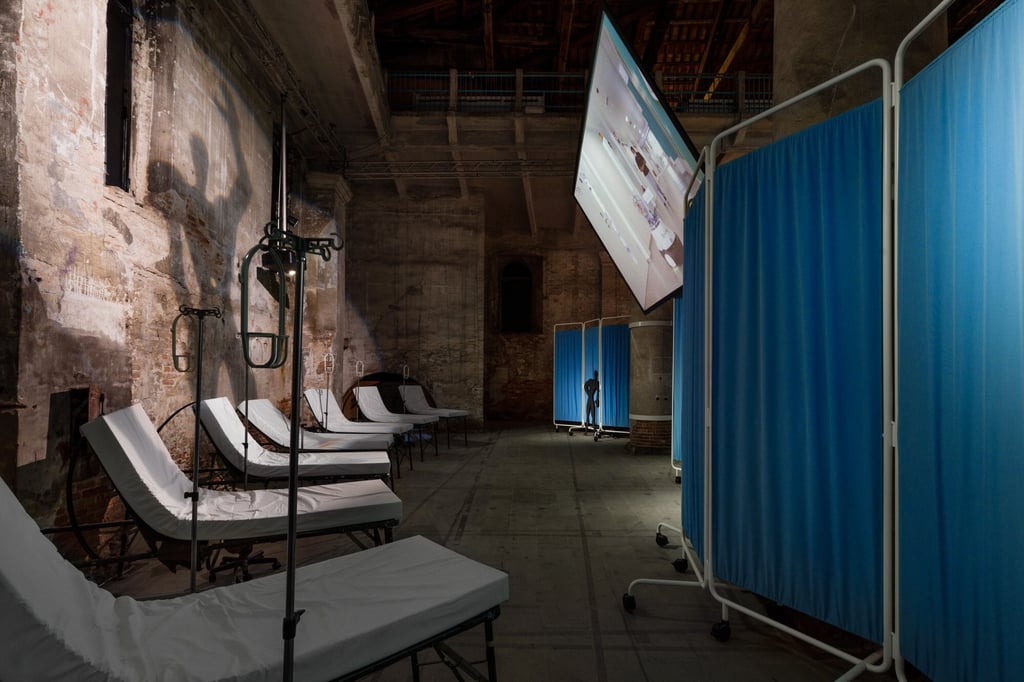The hospital of the future: more holistic, less dehumanising, and better able to deal with a health crisis, designers say
- Dutch architect Reinier de Graaf argues that hospitals today are designed to take care of patients’ physical ills, but not their holistic health
- New ideas, from his radical design for a hospital in Qatar to a fleet of telehealth clinics that decentralise care, offer a vision of a very different future

It didn’t take a pandemic for Dutch architect Reinier de Graaf to realise hospital design, as we know it, is long overdue for a check-up. Just as he began work on the master plan for a new-concept medical precinct in Qatar, Covid-19 struck and affirmed it.
De Graaf, a partner at Rotterdam-headquartered Office for Metropolitan Architecture (OMA) in the Netherlands, worries that the Western model of health care, on which most hospitals worldwide are based, has become too profit-driven.
As a result of cost-cutting, it lacks the robustness to meet unexpected challenges such as isolating multiple infectious patients or a sudden rush for intensive care beds.
That’s the economic side of the story. From a human viewpoint, de Graaf argues that hospitals are designed to take care of patients’ physical ills, but not their holistic health.

He aims to remedy that with the 1.3 million square metre Al Daayan Health District in the Qatari capital city, Doha – a project awarded to OMA because, de Graaf says, the studio has no experience in building hospitals.